What are the general criteria for assessing and classifying the quality of cadres, civil servants and public employees in Vietnam?- Cong Thanh (Binh Thuan)

General criteria for assessing and classifying the quality of cadres, civil servants and public employees in Vietnam (Internet image)
1. The concept of cadres, civil servants, and public employees under the law in Vietnam
1.1. Who is the cadres?
Cadres are Vietnamese citizens, elected, approved, and appointed to hold positions and titles according to terms in agencies of the Communist Party of Vietnam, the State, and central socio-political organizations in provinces and centrally run cities (hereinafter referred to as provincial level), in districts, urban districts, towns, and provincial cities (hereinafter referred to as district level), on the payroll, and receive salaries from the state budget.
(Clause 1, Article 4 of the Law on Cadres and Civil servants 2008 (amended 2019)
1.2. Who are civil servants?
Civil servants are Vietnamese citizens, recruited and appointed to ranks, positions, and titles corresponding to employment positions in agencies of the Communist Party of Vietnam, the State, and socio-political organizations at the central, provincial, and district levels; in agencies or units of the People's Army who are not officers, professional soldiers, or defense workers; in agencies and units of the People's Public Security who are not officers, non-commissioned officers serving under the professional regime, or public security workers, on the payroll and receiving salaries from the state budget.
(Clause 2, Article 4 of the Law on Cadres and Civil servants 2008 (amended 2019)
1.3. Who is the official?
Public employees who are Vietnamese citizens may be recruited by job position, work at a public non-business unit under the working contract regime, and receive salary from the salary fund of the public non-business unit in accordance with the law. the law.
(Article 2 of the Law on Public Employees 2010 (amended 2019)
2. General criteria for assessing and classifying the quality of cadres, civil servants, and public employees in Vietnam
* Ideological politics
- Complying with the Party's guidelines, lines, and regulations, the State's policies and laws, and the Party's principles of organization and discipline, especially the principle of democratic centralism, self-criticism, and criticism;
- Having a strong political opinion and bravery; a steadfast stance; being unwavering in the face of all difficulties and challenges;
- Putting the interests of the Party, the nation - the nation, the people, and the collective above personal interests;
- Being conscious of studying, studying, and applying Marxism-Leninism, Ho Chi Minh's thought, resolutions, directives, decisions, and documents of the Party.
* Ethics, lifestyle
- No embezzlement, corruption, negativity, waste, bureaucracy, opportunism, self-seeking, bossiness, or authoritarianism; no signs of degradation in morality, lifestyle, self-evolution, or self-transformation;
- Having an honest, humble, sincere, pure, and simple lifestyle;
- Having a spirit of solidarity, building a clean and strong agency, organization, and unit;
- Not letting relatives and acquaintances abuse their positions and powers for personal gain.
* Attitude, working style
- Responsible for the work; dynamic, creative, daring to think, daring to do, flexible in performing tasks;
- Scientific, democratic, and principled working method;
- Having a sense of responsibility and coordination in performing tasks;
- Having the right attitude and behavior style, a standard working style, and meeting the requirements of the civil service culture.
* Sense of organization and discipline
- Comply with the organization's assignment;
- Comply with the regulations, rules, and regulations of agencies, organizations, and units where they work;
- Declare and publicize assets and income according to regulations;
- Report fully, honestly, and provide accurate and objective information on the contents related to the performance of assigned responsibilities, tasks, and activities of agencies, organizations, and units with superiors when required.
* Results of performance of assigned duties and tasks
- For officials, civil servants, and leading and managerial officials:
+ Thoroughly grasp, institutionalize, and implement the guidelines of the Party, policies and laws of the State at agencies, organizations, and units;
+ Maintain discipline and order in agencies, organizations, and units; do not allow cases, violations of discipline, or violations of the law to be handled; the status of complaints and denunciations persists; preventing and combating corruption and waste within agencies, organizations, and units;
+ Lead, direct, and organize the examination, inspection, supervision, and settlement of complaints and denunciations according to competence; direct and implement administrative reform, civil service reform, and civil servant reform at agencies, organizations, and units;
+ Develop annual programs and plans of activities for agencies, organizations, and units assigned to manage and take charge of, which clearly defines the results of the implementation of the targets, tasks, quantified by specific products.
- For civil servants and public employees who do not hold leadership or management positions:
+ Results of performing tasks according to the provisions of law, according to the set plan, or according to the specific tasks assigned; volume, progress, and quality of task performance;
+ Attitude to serve people and businesses for positions in direct contact or directly dealing with people and businesses.
(Article 3 of Decree 90/2020/ND-CP)
Thanh Rin
- Key word:
- cadres
- in Vietnam
- civil servants
- public employees
 Article table of contents
Article table of contents
![[InfoGraphic] 6 forms of discipline for officials and public employees under Decree 71/2016/ND-CP](https://cdn.lawnet.vn//uploads/NewsThumbnail/2016/07/12/1319291-01.png)
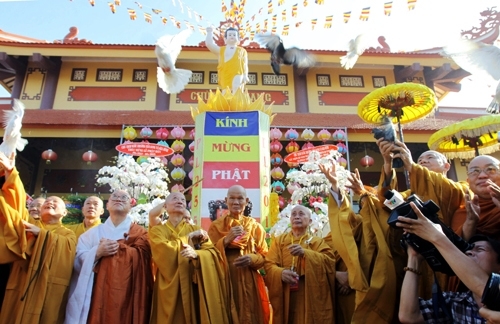
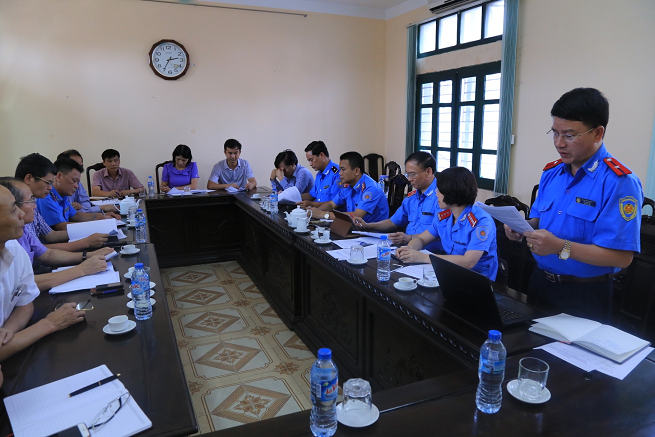
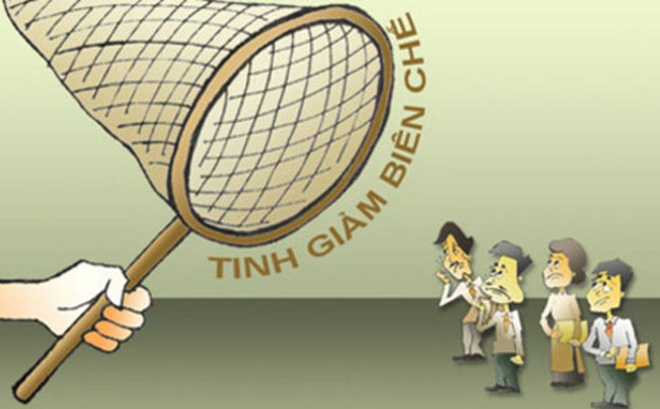
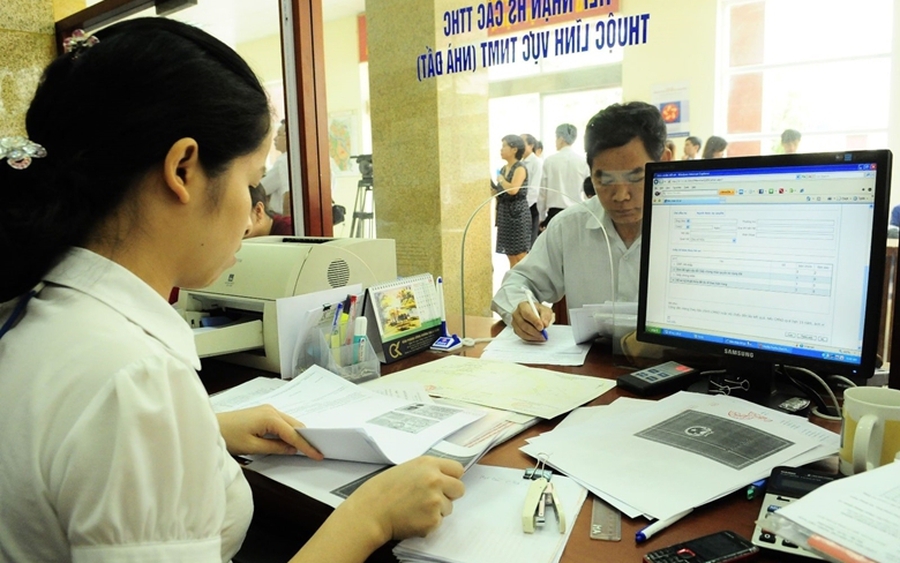
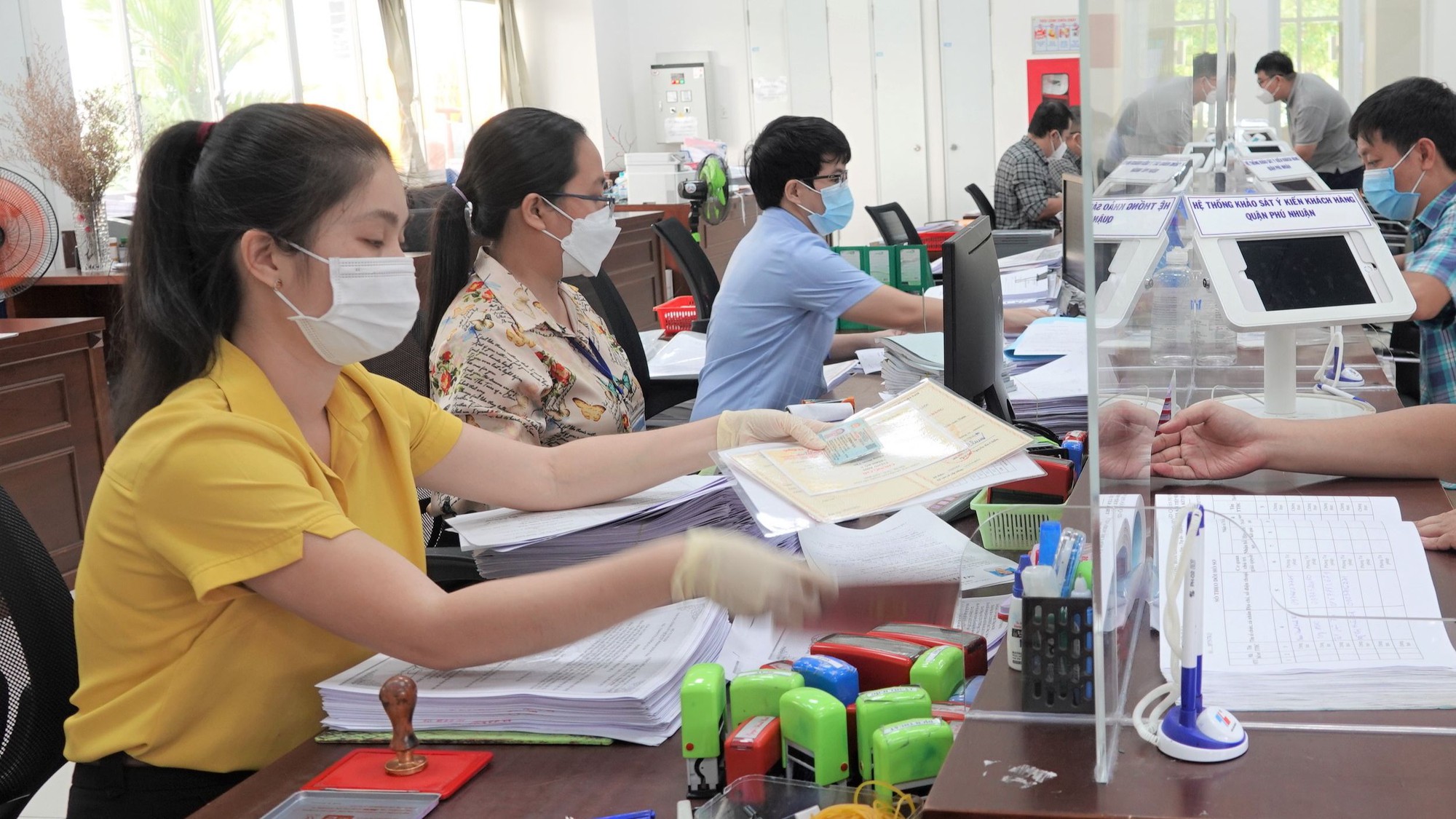




.Medium.png)
.Medium.png)
.Medium.png)
.Medium.png)
